Sponsored

Place - by Jorie Graham (Paperback)
In Stock
Sponsored
About this item
Highlights
- "Graham's poetry is among the most sensuously embodied and imaginative writing we have.
- Massachusetts Book Award (MassBook) (Poetry) 2013 1st Winner
- Author(s): Jorie Graham
- 96 Pages
- Poetry, American
Description
About the Book
"Graham's poetry is among the most sensuously embodied and imaginative writing we have." --New York Times
"One of the most important living poets."--Library Journal
Place is a new collection of poems from Pulitzer Prize winner Jorie Graham. An extraordinary American artist whom The New Yorker calls "a mesmerizing voice" Graham is renowned for poetry that is startling, original, and deeply relevant, and has been placed in the poetic lineage of such masters as T.S. Eliot and John Ashbery. In Place, Graham explores the ways in which our imagination, intuition, and experience aid us in navigating a world moving towards its own annihilation and a political reality where the human person and its dignity are increasingly disposable.
Book Synopsis
"Graham's poetry is among the most sensuously embodied and imaginative writing we have." --New York Times
A startlingly original collection of poems from Pulitzer Prize winner Jorie Graham
An extraordinary American artist whom The New Yorker calls "a mesmerizing voice," Graham has been placed in the poetic lineage of such masters as T.S. Eliot and John Ashbery.
In Place, Graham explores the ways in which our imagination, intuition, and experience aid us in navigating a world moving towards its own annihilation and a political reality where the human person and its dignity are increasingly disposable. These poems seek out sites of wakeful resistance and achieved presence. From the natural world to human sensation, they investigate the reality and irreducible originality of our "inner landscapes." They test the unstable "congeries" of the self, its ever-shifting vitality, and the creative tensions that inevitably exist within and between its interior and exterior life-particularly as these are shaped by language.
In an era where distrust and evasion of human experience and its attendant accountability are pervasive, Place calls us to re-inhabit and make full use of--and even rejoice in--a more responsive and responsible place of the human in the world.
From the Back Cover
In Place, Graham explores the ways in which our imagination, intuition, and experience--increasingly devalued by a culture that regards them as "mere" subjectivity--aid us in navigating a world moving blindly towards its own annihilation and a political reality where the human person and its dignity are increasingly disposable. Throughout, Graham seeks out sites of wakeful resistance and achieved presence. From the natural world to human sensation, the poems test the unstable congeries of the self, and the creative tensions that exist within and between our inner and outer landscapes--particularly as these are shaped by language.
Beginning with a poem dated June 5th, placed on Omaha Beach, in Normandy--the anniversary of the day before the "historical" events of June 6th--Place is made up of meditations written in a uneasy lull before an unknowable, potentially drastic change--meditations which enact and explore the role of the human in and on nature. In these poems, time lived is felt to be both incipient, and already posthumous. This is not the same as preparing for a death. It is preparing for a life we know we, and our offspring, shall have no choice but to live. How does one think ethically as well as emotionally in such a predicament? How does one think of one's child--of having brought a person into this condition? How does love continue, and how is it supposed to be transmitted? Does the nature of love change?
Both formally and thematically poems of ec(h)o-location in space/time, Graham's new poems work to discern "aftermath" from "future"--as the two margins of the form ask us to feel the vertiginous "double" position in which we find ourselves, constantly looking back just as we are forced to try to see ahead.
In an era where distrust of human experience and its attendant accountability are pervasive Place calls us, in poems of unusual force and beauty, to re-inhabit and make full use of--and even rejoice in--a more responsive and responsible place of the human in the world.
Review Quotes
"A recent profile of Graham in The New Yorker places her in the lineage of Eliot, Bishop, and Ashbery rather than William Carlos Williams or Robert Creeley, but it might be posited that her capacious talent now draws on all these examples: the bodiless virtuosity of formal mastery has met the flexibility and passion of the mind and eye at liberty. . . . Graham shows us a future direction in American poetry, and that future is a welcome place." - Harvard Review
"Graham is one of the finest poets writing today." - John Ashbery
"Few poets address the predicament of the postmodern soul as rigorously or as intelligently as Graham." - Publishers Weekly
"For two decades now, Graham's poems have been exercising the major muscles in the throat of our language. If you haven't been listening, I'm telling you there's a new music out there." - The Boston Book Review
"Graham is one of the most important living poets, and her control of her craft is undisputed." - Library Journal
"Graham keeps creative energy alive and unpredictable in these poems... A mesmerizing voice; one wants to hear a continuation." - The New Yorker
Shipping details
Return details
Frequently bought together


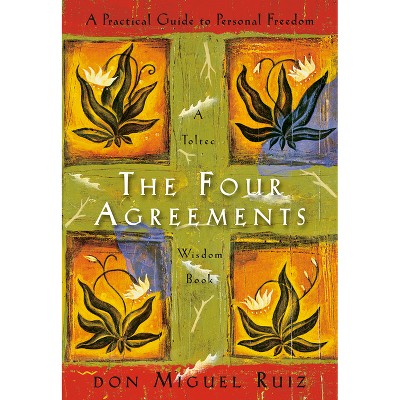
Trending Poetry
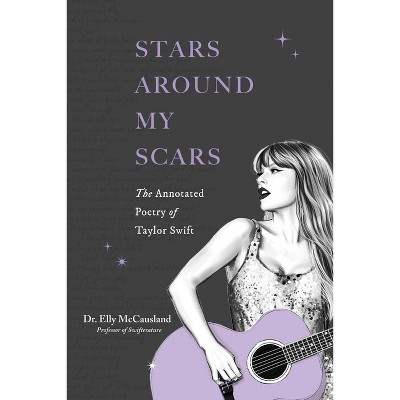

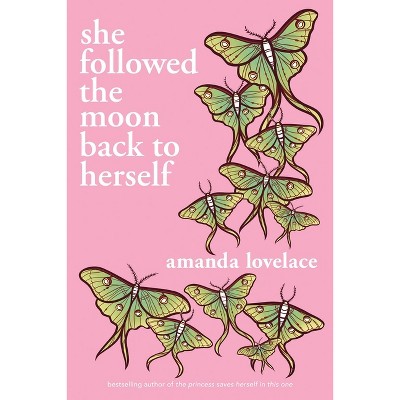
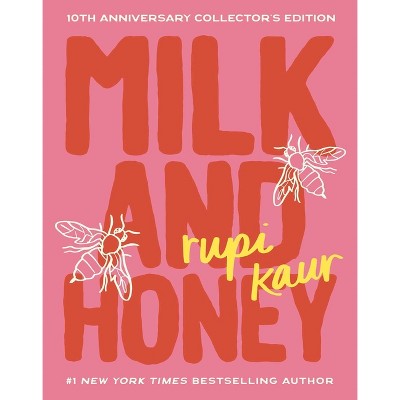





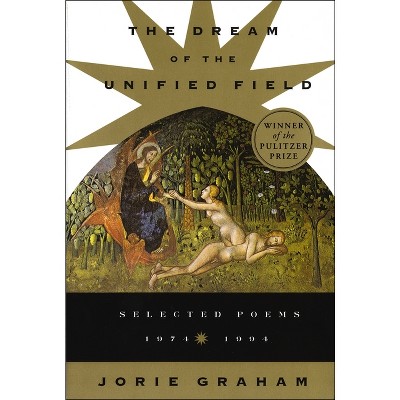
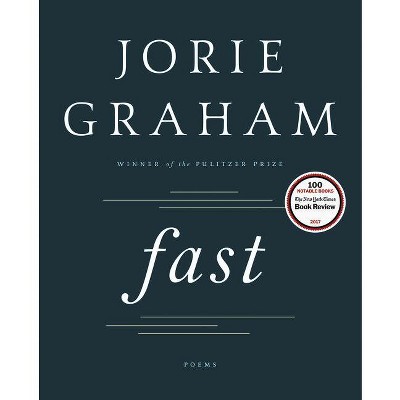

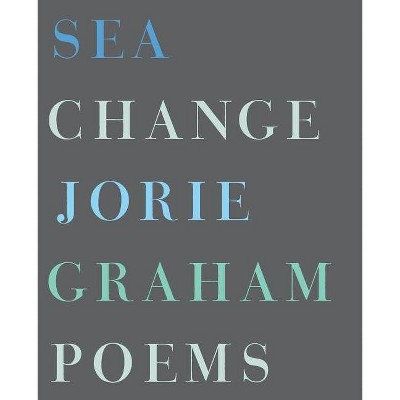
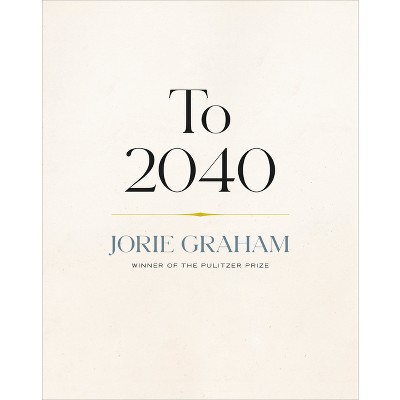
![[To] the Last [Be] Human - by Jorie Graham (Paperback)](https://target.scene7.com/is/image/Target/GUEST_87c82af3-0f25-4f96-a101-e6b9e3468200)